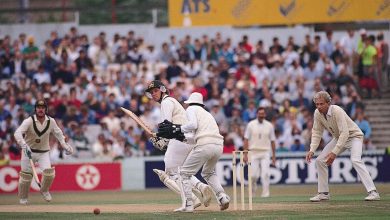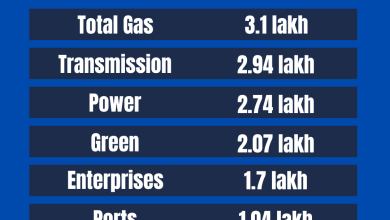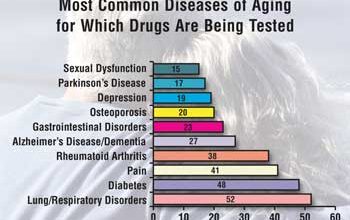Introduction And History of Timor-Leste: Unveiling a Unique Legacy
Timor-Leste, also known as East Timor, is a beautiful country in Southeast Asia. It is located on the eastern half of the island of Timor. The western half belongs to Indonesia. Timor-Leste is a small but remarkable country with a rich history and culture.
Geography of Timor-Leste
Timor-Leste is bordered by the Timor Sea to the south and the Banda Sea to the north. The country has a rugged landscape with mountains, forests, and beaches. The capital city is Dili, which is located on the northern coast.

Credit: en.wikipedia.org
The Early History of Timor-Leste
The history of Timor-Leste dates back thousands of years. The island of Timor has been inhabited since ancient times. The earliest inhabitants were the Melanesian people. Later, Austronesian people arrived and settled on the island.
Colonial Era
In the 16th century, European explorers arrived in Timor. The Portuguese established control over the eastern part of the island in 1515. They ruled Timor-Leste for over 400 years. The Dutch controlled the western part of Timor.
During the colonial era, Timor-Leste was an important trading post. The Portuguese introduced Christianity to the island. They also brought new crops and animals. However, the local people faced many challenges under colonial rule.
World War II and Japanese Occupation
During World War II, Timor-Leste was occupied by Japan. The Japanese occupation lasted from 1942 to 1945. The people of Timor-Leste suffered greatly during this time. Many lives were lost, and the economy was disrupted.
Struggle for Independence
After World War II, Timor-Leste returned to Portuguese control. In 1974, Portugal experienced a revolution, and its colonies began seeking independence. Timor-Leste declared independence from Portugal on November 28, 1975.
Indonesian Invasion
However, just nine days later, Indonesia invaded Timor-Leste. The invasion led to a long and brutal occupation. The people of Timor-Leste resisted Indonesian rule. Many lives were lost during this period.
International Support
The struggle for independence gained international attention. Many countries and organizations supported Timor-Leste’s fight for freedom. The United Nations played a crucial role in the process.
Referendum and Independence
In 1999, the United Nations organized a referendum in Timor-Leste. The people voted overwhelmingly for independence. On May 20, 2002, Timor-Leste became the first new sovereign state of the 21st century.
Post-Independence Challenges
After gaining independence, Timor-Leste faced many challenges. The country needed to rebuild its economy and infrastructure. Education and healthcare systems had to be improved. Despite the challenges, Timor-Leste has made significant progress.
Culture of Timor-Leste
Timor-Leste has a rich and diverse culture. The people of Timor-Leste are known for their hospitality and resilience. The culture is a blend of indigenous traditions and Portuguese influences.
Language
There are many languages spoken in Timor-Leste. The official languages are Tetum and Portuguese. Many people also speak Indonesian and English.
Traditional Music And Dance
Music and dance are an important part of Timor-Leste’s culture. Traditional dances are performed during festivals and ceremonies. The dances often tell stories of the country’s history and traditions.
Festivals And Celebrations
Timor-Leste has many festivals and celebrations. Independence Day on May 20 is a significant national holiday. Other important celebrations include Christmas, Easter, and various local festivals.

Credit: www.britannica.com
Frequently Asked Questions
What Is Timor-leste Known For?
Timor-Leste is known for its rich history and cultural diversity.
When Did Timor-leste Gain Independence?
Timor-Leste gained independence on May 20, 2002.
Where Is Timor-leste Located?
Timor-Leste is located in Southeast Asia, on the eastern half of the island of Timor.
Who Colonized Timor-leste?
Portugal colonized Timor-Leste in the 16th century.
Conclusion
Timor-Leste is a country with a rich history and vibrant culture. From ancient times to the struggle for independence, the people of Timor-Leste have shown great resilience. Today, Timor-Leste is working towards a brighter future. It is a country worth learning about and visiting.
Table Summarizing Key Historical Events
| Year | Event |
|---|---|
| 1515 | Portuguese establish control over East Timor |
| 1942-1945 | Japanese occupation during World War II |
| 1975 | Declaration of independence from Portugal |
| 1975 | Indonesian invasion |
| 1999 | UN-organized referendum |
| 2002 | Timor-Leste gains full independence |
Frequently Asked Questions (FAQs)
- Where is Timor-Leste located?
Timor-Leste is located in Southeast Asia, on the eastern half of the island of Timor.
- What are the official languages of Timor-Leste?
The official languages are Tetum and Portuguese.
- When did Timor-Leste gain independence?
Timor-Leste gained full independence on May 20, 2002.
Thank you for reading about the history and introduction of Timor-Leste. We hope you found it informative and engaging!




